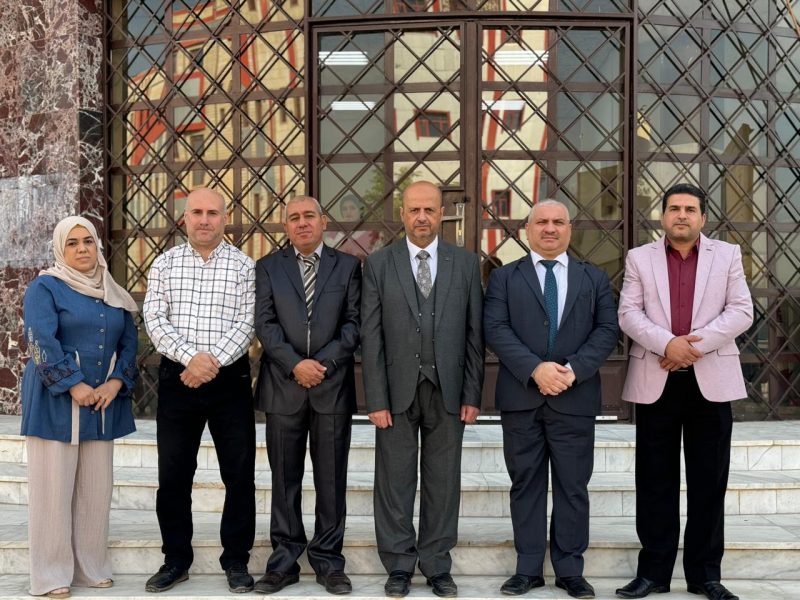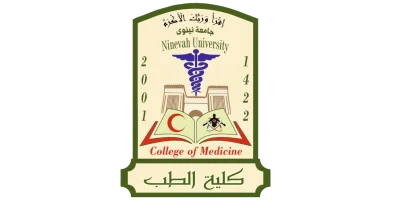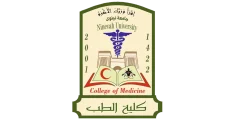Department of Chemistry and Biochemistry
June 14, 2025 2025-09-12 18:34فرع الكيمياء والكيمياء الحياتية
Focuses on chemical processes in the body and their role in health and disease.

Department of Pathology and Forensic Medicine
Vision:
Keeping pace with the sciences of medical and biochemistry.
General Objectives of the Department of Chemistry and Biochemistry
Building a foundational base for students to prepare them for studying clinical subjects in later years through teaching them numerous theoretical and practical topics related to clinical subjects such as lipids, carbohydrates, proteins, vitamins, and hormones. Additionally, ensuring that all students, regardless of race, gender, nationality, language, or religion, acquire upon graduation the basic competencies, skills, and knowledge that prepare them to perform well as doctors and engage in medical research to serve society, providing effective solutions to common health problems. Furthermore, preparing and encouraging students for lifelong learning by continuing to develop skills, using technology optimally, and motivating them to pursue further reading and obtain specialization certificates in clinical or pathological chemistry.
Program Overview
The Bachelor of Medicine and Surgery program at Nineveh University, Department of Physiology and Medical Physics, aims to prepare competent doctors in understanding body system functions, medical physics, and pharmacology, with a focus on scientific research and professional ethics.
Chemical Knowledge
Understanding organic and biochemistry.
Laboratory Skills
Conducting practical experiments and medical research.
Professional Values
Developing communication and professional ethics.
Program Objectives
Educating students to become competent doctors serving the community.
Explaining the mechanisms of body system functions and physiological changes related to diseases.
Enhancing communication skills between students, professors, and peers.
Supporting research projects that serve the community.
Promoting lifelong learning through scientific seminars.
Learning Outcomes
Knowledge
Understanding organic and biochemistry and their medical applications.
Skills
Conducting laboratory experiments and rigorous scientific research.
Values
Developing communication and professional ethics.
Curriculum Structure
Organic Chemistry (First Year, 106 hours)
Covers the foundations of organic chemistry and its applications (46 hours of theory, 60 hours of practice).
Biochemistry (Second Year, 136 hours)
Focuses on biochemical processes such as metabolism (76 hours theory, 60 hours practical).

